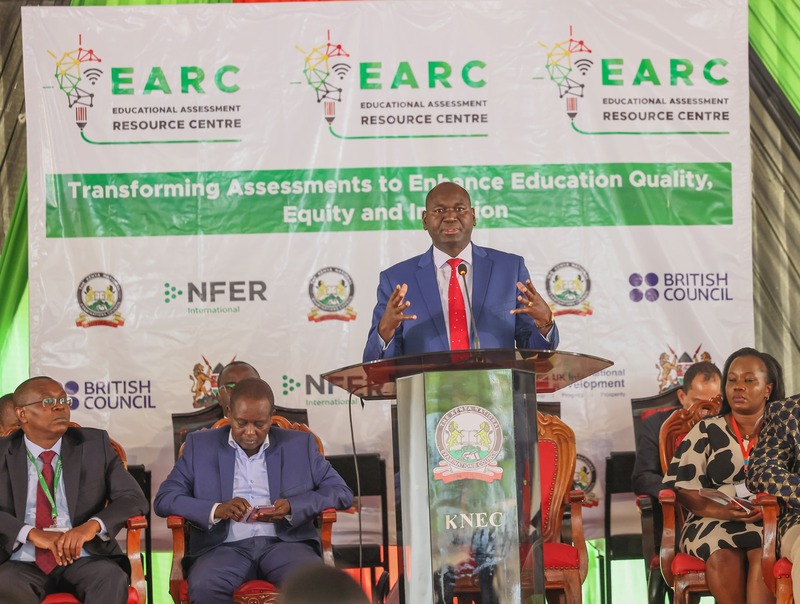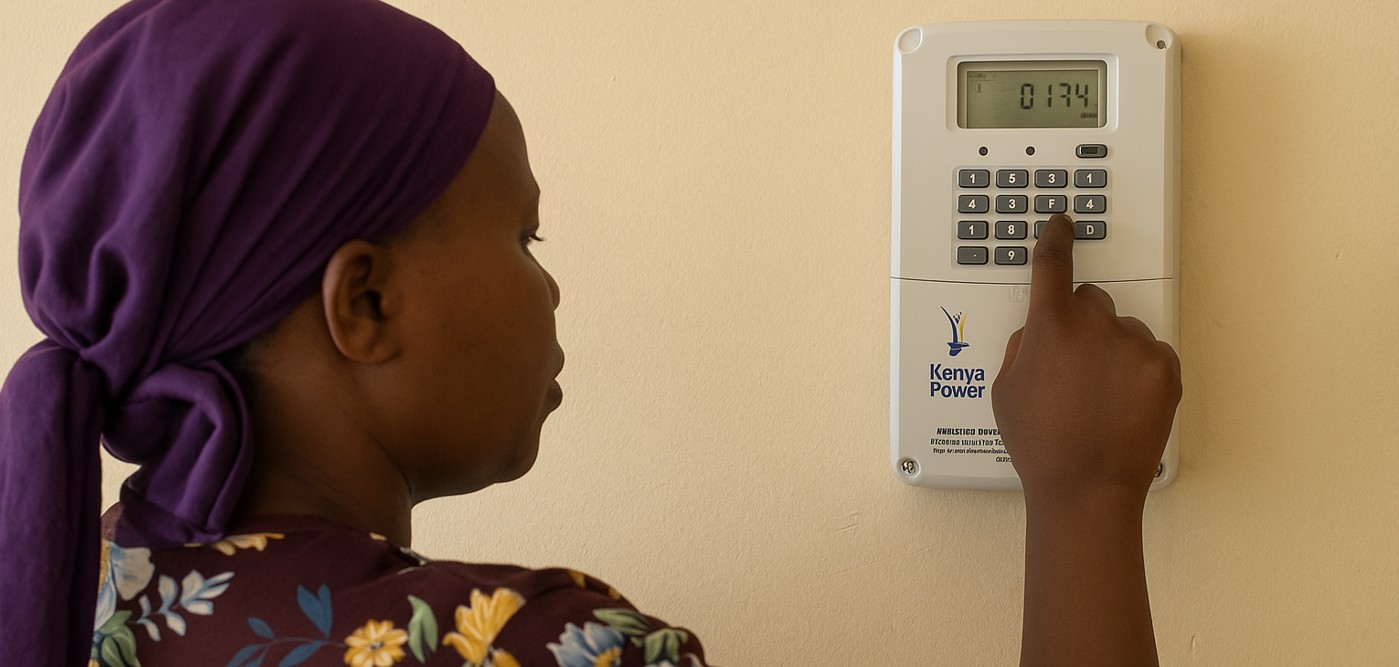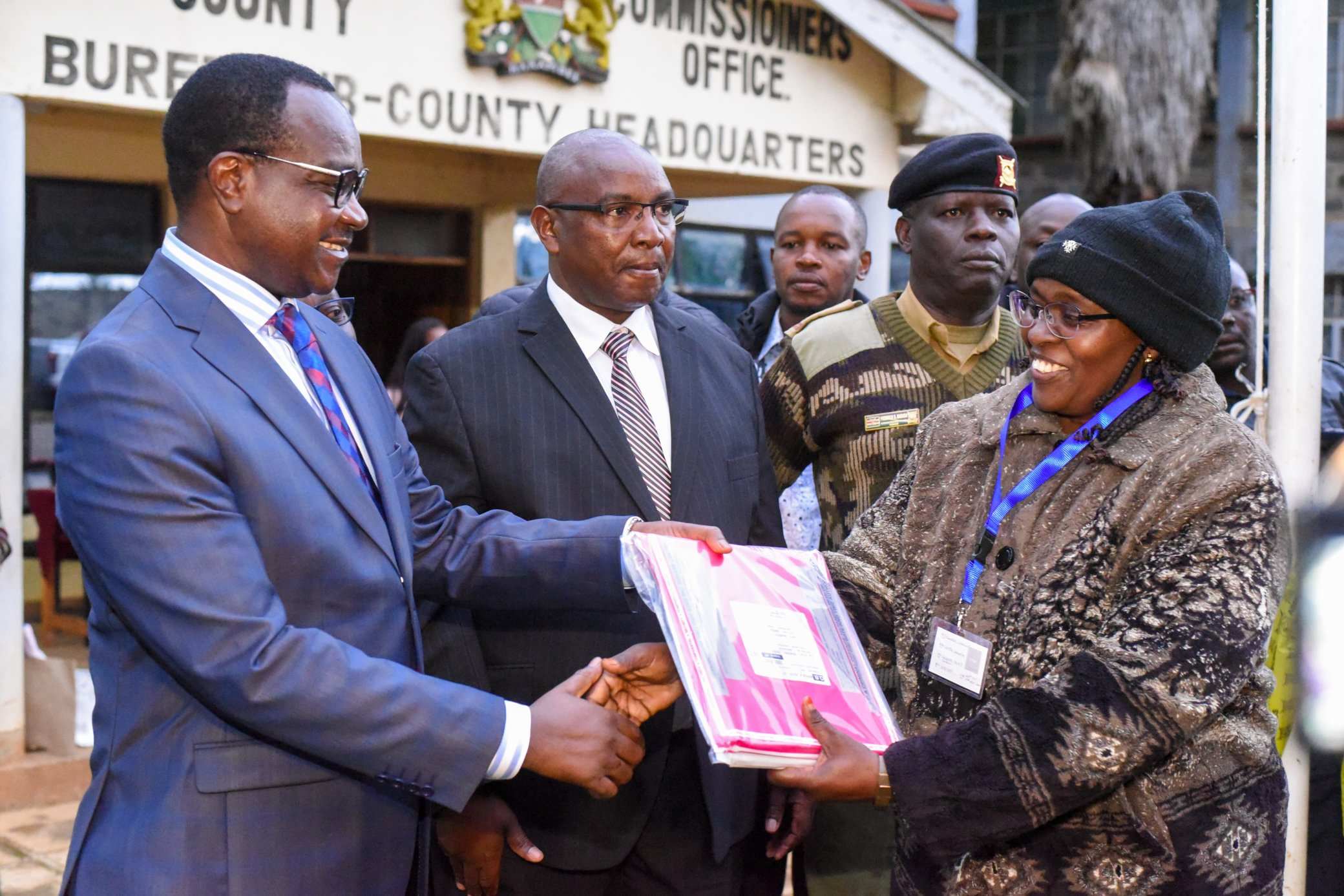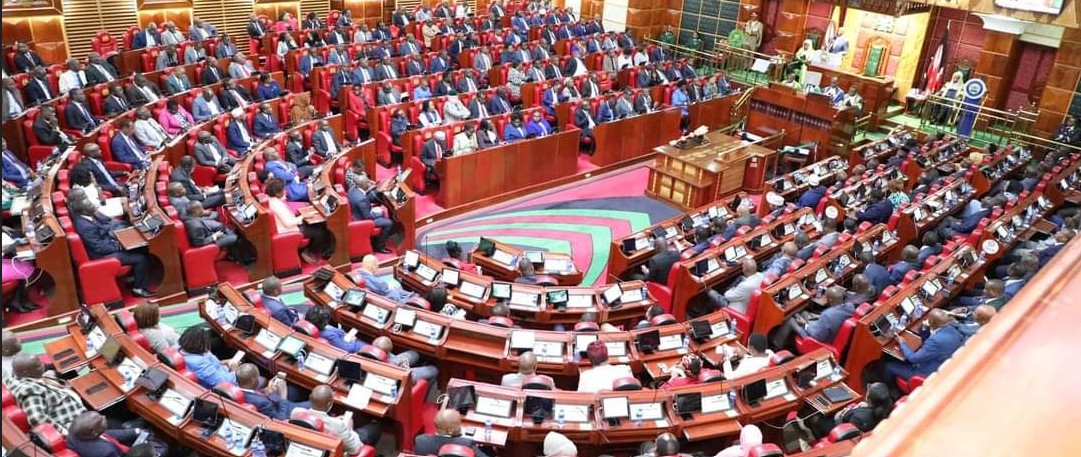KNEC unveils digital system that allows real-time certificate verification in bid to curb use of fake papers

The digital shift follows a government audit conducted in June 2025, which uncovered serious flaws in document verification across the public service.
The Kenya National Examinations Council (KNEC) has launched a digital platform that allows real-time verification of academic certificates, marking a major step in the fight against fake credentials in education and public service.
Speaking at the launch on Friday, Basic Education Principal Secretary Julius Bitok said the platform will support recruitment processes by ensuring only authentic qualifications are accepted.
More To Read
- 2025 KCSE concludes smoothly as government reports sharp decline in exam cheating cases
- Tension mounts as school heads, teachers’ union reject new TSC leadership structure
- 78 people arrested over exam malpractice as KCSE enters final stretch
- TSC calls on teachers to embrace professional development for CBE curriculum
- How AI is reshaping education across Africa
- Kenyan school wins global education award in Dubai
“This platform will help us confirm who holds genuine papers. It provides a fast and secure way to authenticate certificates issued by KNEC,” Bitok said.
The system is being piloted in partnership with the Public Service Commission and is expected to reduce the need for physical visits to KNEC offices.
It is also aimed at promoting merit-based hiring across the public sector.
“This innovation will enhance transparency and credibility in recruitment processes. It will ensure that only genuine qualifications are recognised,” the PS added.
The digital shift follows a government audit conducted in June 2025, which uncovered serious flaws in document verification across the public service.
The audit reviewed 168,667 officers and found that 859 had fake academic certificates, 160 held forged professional qualifications, and over 24,500 had unauthenticated documents. It also revealed that 84.9 per cent of the officers had never had their papers verified.
“Regarding high standards of professional ethics, findings revealed critical gaps in both compliance and enforcement,” the audit report stated.
To further tighten academic standards, KNEC has introduced new rules for evaluating foreign academic certificates.
Since April, all applications must be submitted through its Query Management Information System (QMIS), and only qualifications from accredited institutions are accepted.
Applicants must also meet academic entry requirements equivalent to those in Kenya.
Alongside the certificate checker, KNEC also launched a new Education Assessment Resource Centre at its headquarters in South C.
The centre is designed to support competency-based education by training teachers, researchers, examiners, and education officers both locally and from across East Africa.
PS Bitok said the centre will help build national capacity in modern educational assessment. “It is designed to strengthen national capacity in educational assessment, psychometrics and competency-based evaluation,” he said.
The centre will offer training throughout the year, both online and in-person and cover areas such as test development, psychometrics, quality assurance, data analysis, and use of digital tools in testing.
KNEC CEO David Njeng’ere said the training model marks a shift in how the council builds expertise. “This is a major shift from previous arrangements where only selected examiners were trained,” he said.
Bitok noted that the government and its partners, including UK International Development, are backing the training centre and that the first cohort of professionals has already been admitted.
“We are building a future where honesty and ability matter. Integrity, efficiency, progress, that is the future we are building,” he added.
Top Stories Today











































